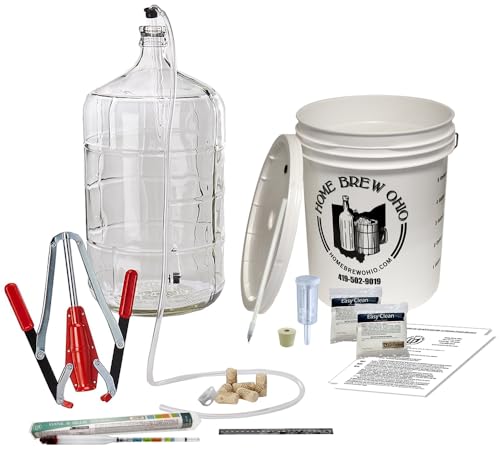I have just begun to notice a correlation between very vigorous fermentation and the presence of fusils. The Thought Bubble just popped up when i was whipping the crap out of my Dragons in Paradise wine for the 7th time. It seems like all past fermentations that are crazy busy have had this issue. Most i've found are salvageable but at the start have me questioning if they are bound for the drain or not. Getting to recognize the smell as soon as i walk into the wine room. Maybe has happened 4 times? Not sure about the causation, hoping the more learned people here could give me some clues or have similar experiences. Various recipes, most have OSG from 1.000 to 1.180, some had Ferment O, all in controlled temp from 69-70 F. I feel degassing frequently really helps, along with bulk aging for at least 6 mo. Still, it feels like one of these batches is not going to make it out of ICU.
Thank you for any insights.
Thank you for any insights.




















































